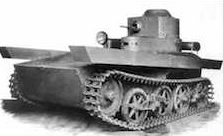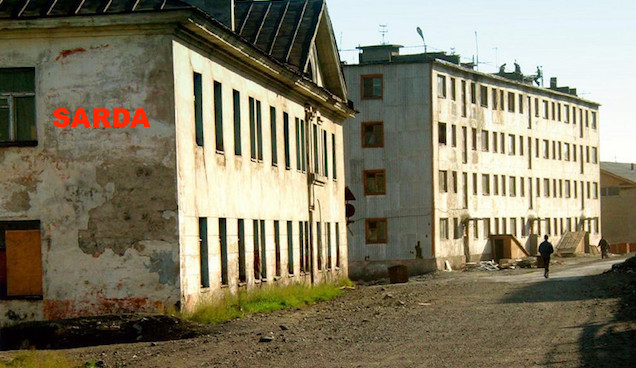CHAPTER THIRTY-THREE
Third and Long
The afternoon wore on. Dora, whom I had reckoned to be Khromov’s assistant, after many swallows of Johnny Walker Red, proved to be his sister, as well. So, the slight mystery of their resemblance was resolved. Maryls had tired of the drinking, on the part of both the bottomless Khromovs and Dutch. Don assumed the entire serving load, but he was not over-worked because everyone drank whatever was available.
The popular “Walker” was supplemented with shots of Bacardi Light. There were no complaints. Marlys finally relieved Don, to the approval of the wobbly males present. The men, one and all, leaned closer to the pallets, in order to see a bit better. Marlys ignored them. Don joined me at the table, across from the Russians.
“Save the batteries,” I instructed him.
We would not be needing the radios until the next morning. I had already turned mine off.
“I have to go aboard anyway,” he shot back. He would inform the Basque, that I knew for sure.
“I should get the snuff boxes, and take them with me,” he offered to Khromov, who agreed enthusiastically.
“They’re on my desk, wrapped in nose tissue,” he said.”
I estimated that the professor had knocked down at least fifteen shots, with no stopping in sight. Don had instituted a payment plan whereby everyone threw paper bills and coins into a large bowl on the bar, for the drinks. The Russians had not moved, so I presumed that their drinks were on the house, which would eventually mean on me.
“You left the boxes on your desk?” I mentioned, casually, to Khromov. “Can you lend Don the key?”
The Russian began chortling. He drank down another shot. Without Don pouring the booze, I realized, the man and his sister were going to have to belly up to the bar for more drinks.
“Key? I don’t have a key. The office’s never locked. We don’t have any theft here. Starvation, yes. Injuries and sickness, certainly. But no theft. There’s no place to take anything if somebody did steal it.”
I rejoiced that the doctor was still aboard the ‘Lindy’.
“Mouseketeers, again, tonight,” I reminded a departing Don.
The day was not moving the way I had hoped. It was going too slowly, like everything was mired in booze and molasses. It meant, of course, that the following day was going to proceed in overdrive. A small group of youths entered the building. Nobody seemed to notice them. I watched them case the place, doubting that Marlys would serve them. Then they shuffled in my direction, stopping at our table. All four boys wore black pleather jackets, which were poor imitations of leather. They had that look of most adolescents all over the world. Theirs was the attitude Marlon Brando first captured in his 1950’s motorcycle movie, even if he had been anything but an adolescent when it was filmed. I elbowed Khromov. He peered at the teenagers, who all looked younger than eighteen.
“Is this him?” the obvious leader of the pack said. Khromov nodded, then stared into his empty glass.
“Can I talk to you outside?” the kid asked me.
“Why not,” I answered.
I stepped out into the cold Provideniya sun. I discovered that Sarda’s already gave off the stench of a well-used bar. The clear air outside smelled good. I walked down to the North end of the building, and then stopped. Ivan was right behind me with his ‘wolf pack.’ He gestured at the tank, sitting nearby, its big gun aimed over the top of the distant World Discoverer, down at the dock.
“Is the tank going to be a problem?” the kid asked.
I looked at the tank, then back at the boy.
“My friend says it’s a T-33,” I tried to be conversational. “And yes, it’s a very serious concern.
“Your friend isn’t too smart,” Ivan stated, his voice showing no trace of the Russian accent I had first expected to hear. “It’s a T-72. There aren’t any T-33’s. No such tank was ever made in Russia.”
The boy was not absolutely correct, I knew, as the T-33 had indeed existed at one time in Russia. It was the Russian attempt, before WWII, to come up with an

Early Russian T-33 Amphibious prototype
amphibious armored vehicle. It hadn’t made it into full production. I let it go, and I didn’t say more, trying to divine instead why we were out here together.
















Don's Miss any Updates or New Chapters
Join our mailing list to receive the latest news and updates from our team.
You have Successfully Subscribed!